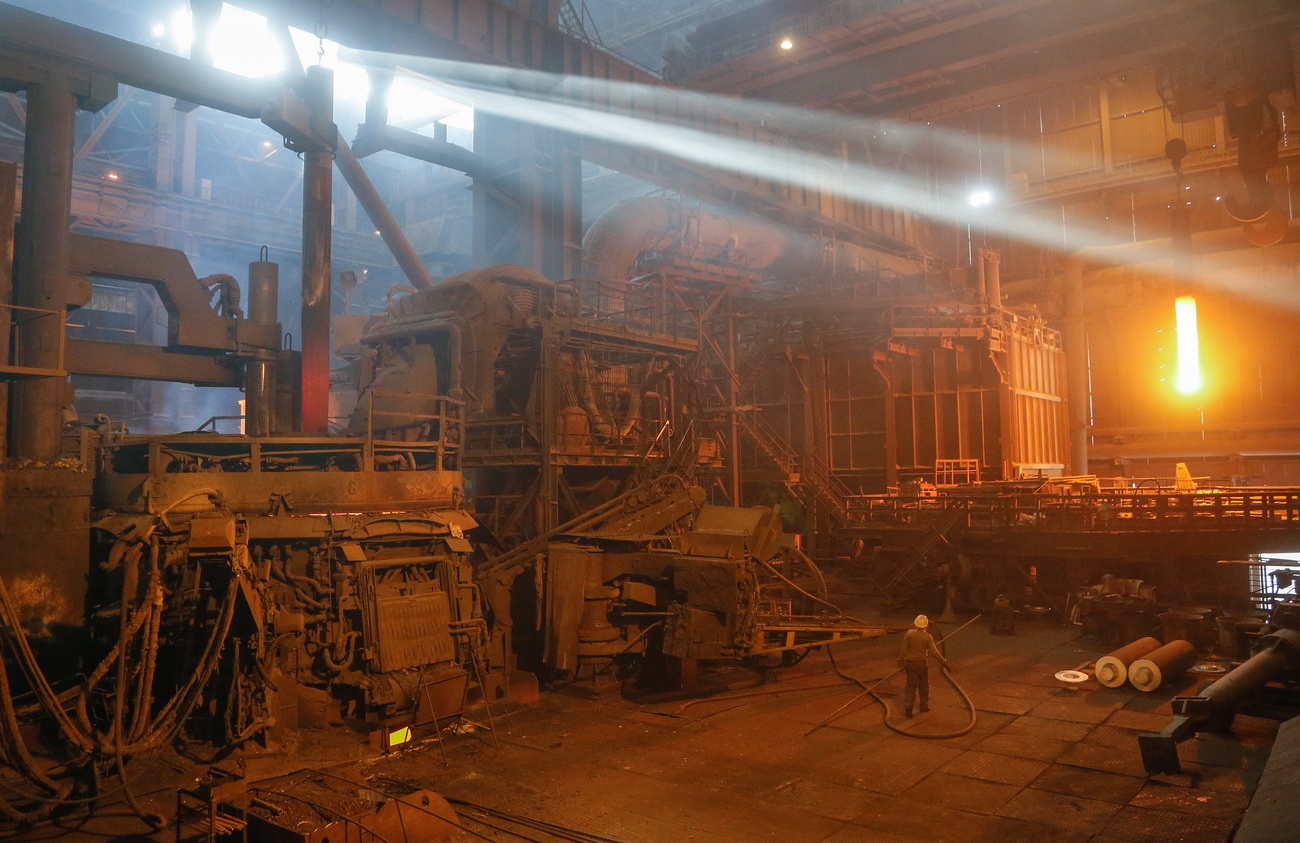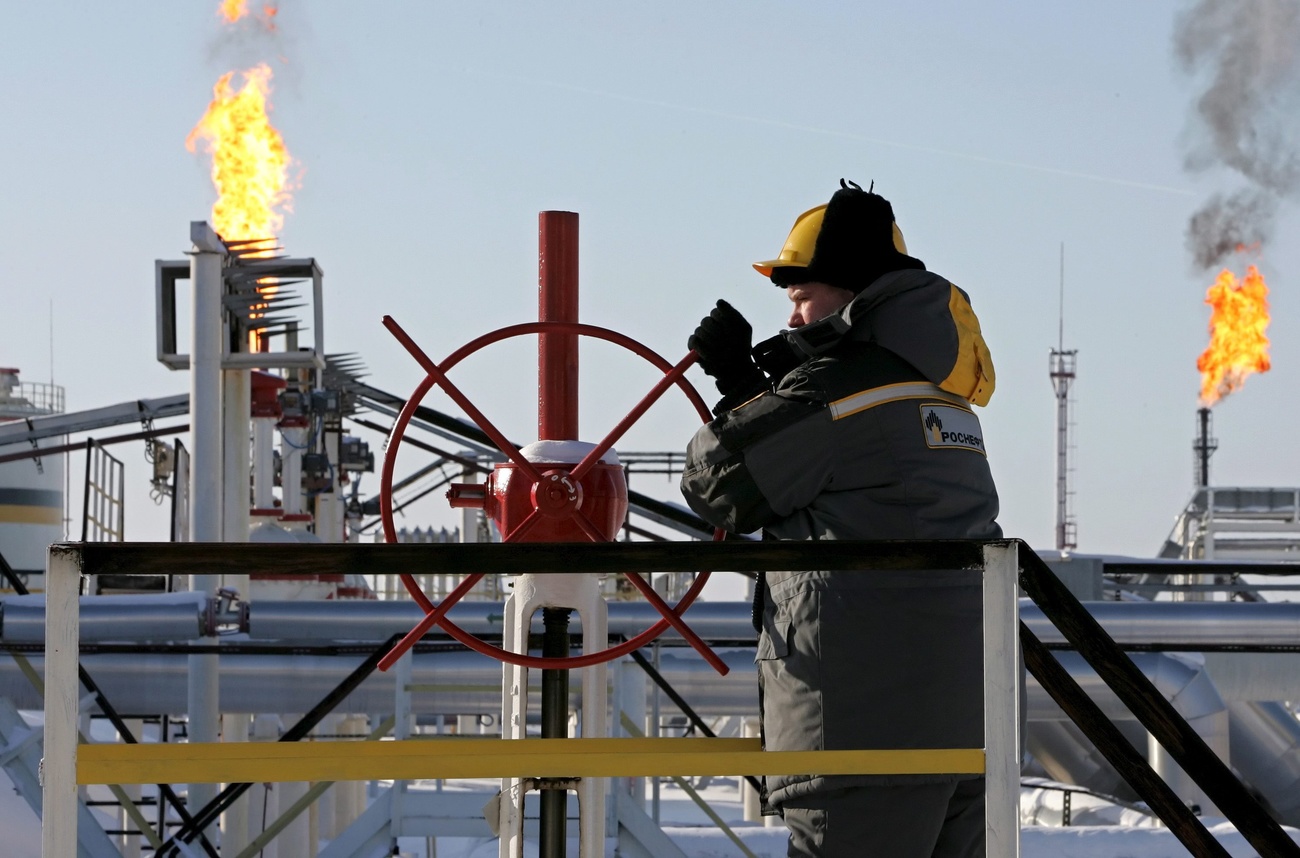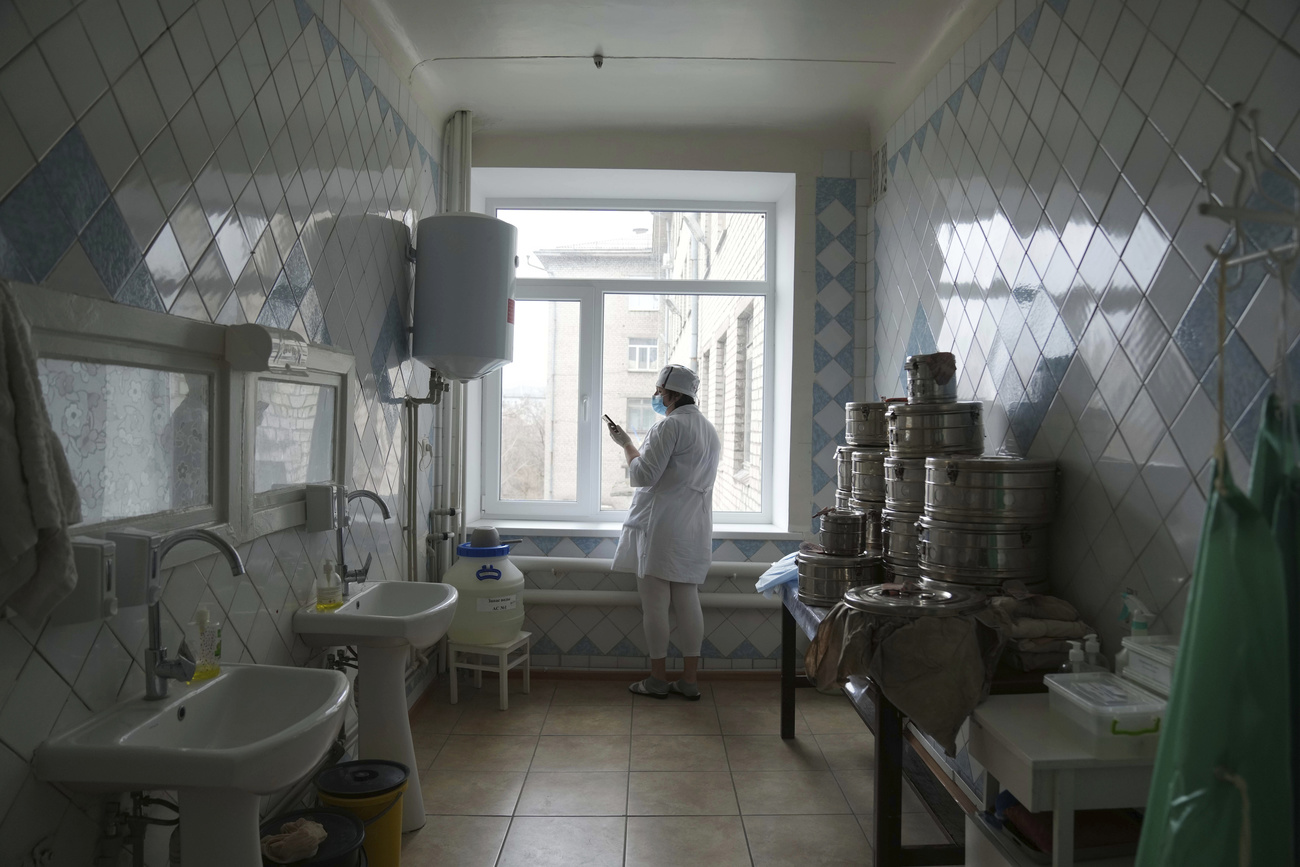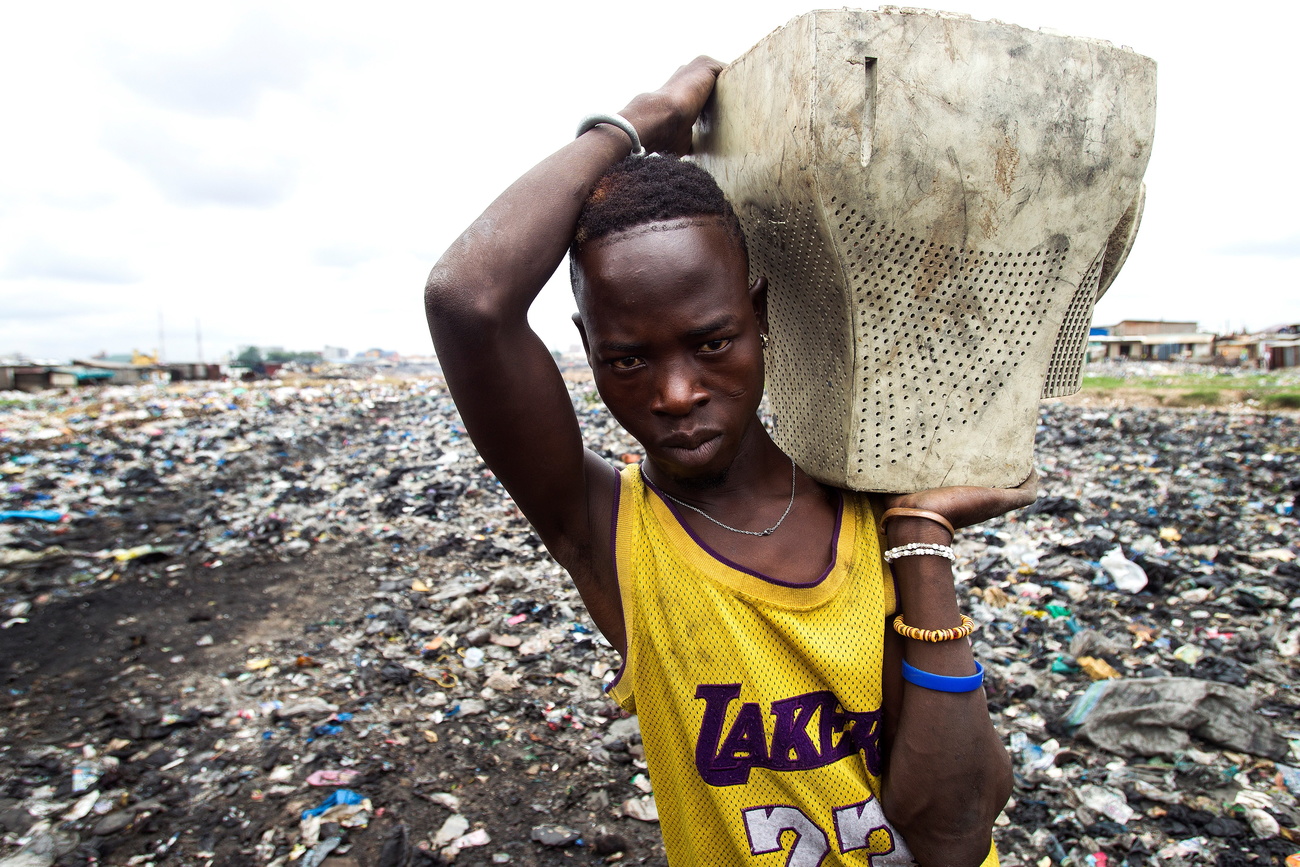Are the days of morally neutral corporate decision-making over?
New rules of the game have consequences be they sanctions, laws, court rulings or even public opinion. The stakes have never been as high for multinationals when it comes to doing the right thing.
The war in Ukraine has tested the moral compass of big firms worldwide. Sanctions against Russia came with little notice along with heavy penalties for those who don’t toe the line. Low profile industries can suddenly no longer operate under the radar. Take Swiss steel traders, for example.
Not many know that the Italian-speaking canton of Ticino in the south of Switzerland is an important centre for trade in steel from Eastern Europe. Ticino hosts over 50 companies that trade in metals and minerals and they employ over 500 people. The war in Russia has affected supplies of steel and the sanctions that followed have made business complicated in a sector with substantial oligarch fingerprints.
“February 24, 2022 is a date that will go down in history… For most of those here in Lugano who trade in steel with Russia and Ukraine this means total paralysis,” said the CEO of a steel trade company.

More
War and sanctions impact steel traders in Lugano
But what should companies do when their main business is not affected by sanctions? Take Russian oil and gas for example. Europe’s dependence on Russian fossil fuels has meant that there are no EU sanctions on them yet.
Nevertheless, oil traders with a Swiss presence are under pressure to stop doing business with Russia. Vitol, Trafigura, Glencore and Gunvor are believed to be trading large volumes of crude even after the Russian invasion of Ukraine in February. The economic adviser to Ukrainian president Volodymyr Zelensky, wrote to the four companies at the end of March demanding that they stop trading Russian crude immediately, claiming the revenue is used by Russia to arm itself.

More
Ukraine calls on commodity traders to stop handling Russian oil
Some Swiss companies like Nestlé are resisting pressure to quit operating in Russia. They claim they want to avoid laying off employees or want to continue providing essential goods for the Russian people. Is this a morally defensible position? A group of Swiss and Austrian ethicists don’t seem to think so. They claim that companies are political actors and the era of morally neutral corporate decision-making is over.

More
No business can be right in a war that’s wrong
But there is no denying that both Russians and Ukrainians are suffering from a pullout of international companies. The region is an important hub for clinical trials by pharma companies wanting to test the efficacy of new treatments. My colleague Jessica unravels how the withdrawal of Swiss pharma companies has left many clinical trial participants with cancer at risk of discontinuation of treatment. Not to mention the consequences on development of new cancer drugs that could benefit all humanity.

More
Ukraine war threatens to derail development of new cancer treatments
Other worthy mentions
Confronted with the monumental tragedy in Ukraine, it is easy to overlook the smaller tragedies unfolding around the world. For example, not many will be aware that the island nation of Sri Lanka is experiencing a crisis. Food, electricity and gas shortages caused by low foreign exchange reserves has left ordinary Sri Lankans in dire straits. There are even warnings of imminent starvation if the situation is not reversed soon.
I’ve been following the Sri Lankan crisis closely because the decision by its president last year to ban the import and subsidies of expensive chemical fertilizers is the peg for my story on organic farming. I wanted to find out if a cost-cutting measure could make Sri Lanka a role model for a transition to organic agriculture. The reality is always more complicated and messier than the vision.

More
Is 100% organic farming a revolution too far?
Speaking of mess, e-waste dumping has become a growing problem with our obsession for the latest gadgets. A lot of obsolete junk ends up in poorer countries under the guise of repairable or second-hand goods. I look at how a Swiss-Ghanian proposal aims to give the recipient countries the right to refuse e-waste if they deem it a case of dumping.

More
The battle against global e-waste dumping reaches tipping point
I am sad to report that the Swiss-based Responsible Mining Foundation External linkis shutting shop due to a lack of long-term funding. Their biennial Responsible Mining Index rated companies on their commitment to ethical conduct. SWI swissinfo.ch published their first ever Index in 2018 and they’ve been a valuable information source for our reporters.
They will be missed as companies seek to duck transparency requirements, especially when it comes to gold mining. A Swiss court recently ruled in favour of four big gold refineries that wanted to protect the identity of their gold suppliers. NGO Society for Threatened People had filed a request for transparency to ascertain if and how much “dirty gold” was entering the country for processing.

More
Swiss court rules against gold trade transparency: NGO
“Importers can now hide behind trade secrecy and are not accountable to anyone regarding the origin of the raw material and associated risks,” said the NGO after the ruling.

In compliance with the JTI standards
More: SWI swissinfo.ch certified by the Journalism Trust Initiative









You can find an overview of ongoing debates with our journalists here . Please join us!
If you want to start a conversation about a topic raised in this article or want to report factual errors, email us at english@swissinfo.ch.